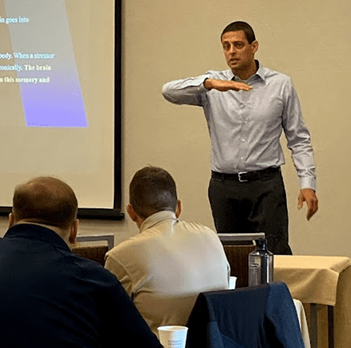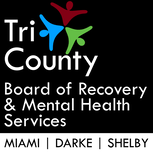Advanced CIT Training Opportunities for Law Enforcement and Public Safety Officers
Wellness, Resilience & Recovery for Law Enforcement, First Responders, Public Safety Professionals, and Veterans
Monday November 6 |
Program Description
Scott Medlin is a United States Marine Corps veteran who went on to a career of nearly fifteen years in law enforcement. In 2020, Scott began his journey to inspire and encourage police officers to be fulfilled, and excel, by focusing on their personal wellbeing in order to survive the career and better serve the public. Scott has spoken openly about his struggles with post-traumatic stress disorder, addiction, and depression. The team at Save A Warrior is dedicated to the prevention of veteran suicide and the preservation of life through the development and implementation of a groundbreaking, comprehensive program at its non-profit organization. Drawing from a diverse array of disciplines—including neuroscience, depth psychology, mythology, sociology, ontology, biology, physics, linguistics, metaphysics, neurobiology, art, storytelling, science, psychology, and mindfulness—we have designed an intensive integrative intervention that addresses the complex and multifaceted nature of mental health and well-being.
|

